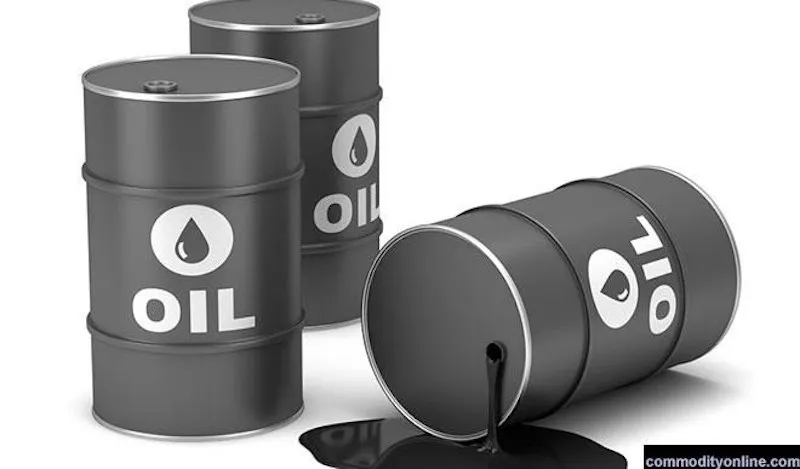Business
Angola, Nigeria top OPEC’s oil production lists for Africa

Angola displaced Nigeria as Africa’s largest crude oil producer last month.
The oil production data from April obtained from the Organisation of Petroleum Exporting Countries (OPEC) by Ripples Nigeria on Friday showed that Nigeria produced 999,000 barrels per day for the month, behind Angola which produced 1.06 million barrels per day during the period.
Nigeria tied in second place with Algeria which also produced 999,000 barrels per day in April.
The figures stated above are based on direct communications.
However, secondary sources stated that Nigeria produced 1.18 million barrels per day, making the country the largest oil producer in Africa while Angola trailed in second place with 1.08 million bpd.
Algeria was ranked third with 1 million bpd.
The direct communication figure for Nigeria is the lowest output level for the country in 2023, having produced above 1 million bpd in the preceding months.
Recall that Nigeria also lost the top spot in May 2022 but reclaimed the position in the second half of last year.
READ ALSO: Oil price rises above $85 after OPEC+ members announce surprise production cut
Nigeria alongside Iraq contributed to the drop in OPEC production output by 191,000 bpd, after producing 28.60 million bpd.
Commenting on Nigeria’s business environment and economy, OPEC said: “Nigeria’s economy faced challenges in gaining momentum in 1H23, with business activity and consumer spending remaining subdued, in addition to high input-cost inflation and lower employment levels compared with the previous year. However, recent leading indicators suggest that the economy may recover in the coming months.
“The Nigerian government postponed the June deadline to remove fuel subsidies and has yet to announce a new date for the scheme’s end. The newly-elected president will be sworn in on 29 May, and most races for the National Assembly have been called. Inflation data for March shows an ongoing acceleration, with an annual rate of 22% y-o-y, up from 21.9% y-o-y in February and 21.8% in January.
“Food inflation has been a key factor in this rise, reaching 24.5% y-o-y in March. The Central Bank of Nigeria has kept the policy rate unchanged at 18%, following a 50 bp hike in March and a 100 bp hike in January. Despite the challenges, April’s Stanbic IBTC Bank Nigeria PMI recovered strongly to 53.8, compared with only 42.3 in March, indicating a potential near-term recovery.”
Join the conversation
Support Ripples Nigeria, hold up solutions journalism
Balanced, fearless journalism driven by data comes at huge financial costs.
As a media platform, we hold leadership accountable and will not trade the right to press freedom and free speech for a piece of cake.
If you like what we do, and are ready to uphold solutions journalism, kindly donate to the Ripples Nigeria cause.
Your support would help to ensure that citizens and institutions continue to have free access to credible and reliable information for societal development.
























